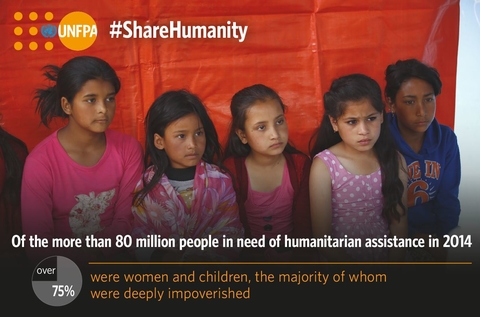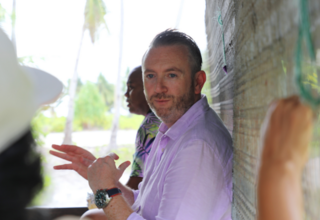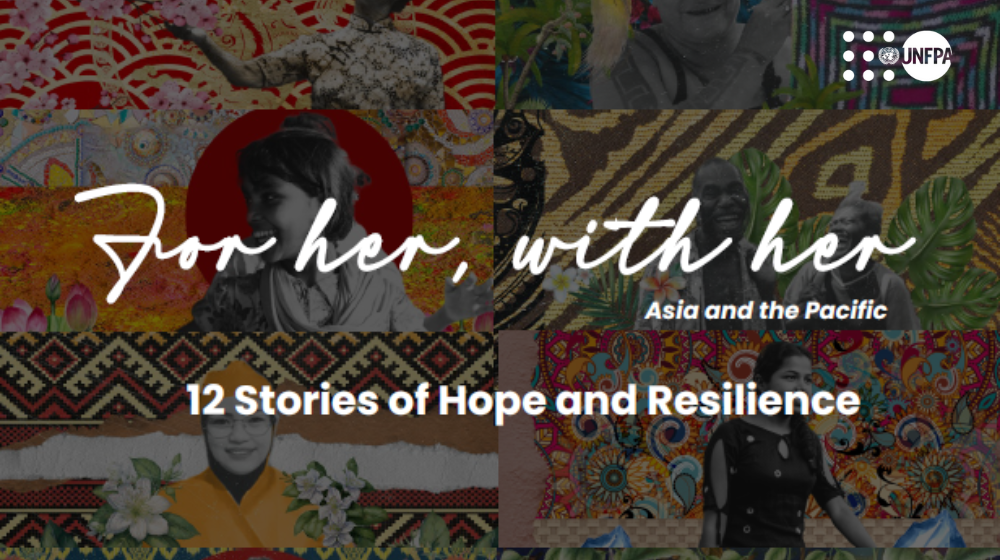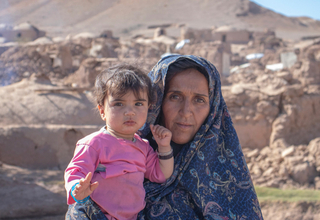Share humanity. Leave no one behind.
The first-ever World Humanitarian Summit, taking place in Istanbul from 23-24 May 2016, is a global call to action by the United Nations, led by Secretary-General Ban Ki-moon.
It brings together governments, humanitarian organizations, people affected by humanitarian crises and a range of partners, including the private sector, to propose solutions to our most pressing challenges and set an agenda to keep humanitarian action fit for the future.
The Summit has three main goals:
- Reaffirm our commitment to humanity and humanitarian principles.
- Initiate actions and commitments which enable countries and communities to prepare for and respond to crises and be more resilient to shocks.
- Share best practices which help save lives around the world, placing affected people at the centre of humanitarian action and alleviating suffering.
The world is at a critical juncture. We are witnessing the highest level of human suffering since the Second World War. In recent years, nearly 60 million people, half of them children, have been forced from their homes due to conflict and violence. The human and economic cost of disasters caused by natural hazards is also escalating. In the last two decades, 218 million people each year were affected by disasters; at an annual cost to the global economy that now exceeds $300 billion.
Asia-Pacific is the most disaster-prone region in the world, with 80% of the world's natural disasters occuring here. It is also home to a number of long-running conflicts that exact a human toll. Every year the number and frequency of disasters (whether natural or conflict-related) are increasing, with millions of people displaced.
The United Nations Population Fund, UNFPA, works to fulfill the pledge of the Sustainable Development Goals, leaving no one behind: focusing on the needs of women and girls for a world where every pregnancy is wanted, every childbirth is safe, and every young person’s potential is fulfilled.
Women will get pregnant and have babies during conflict, fleeing as refugees, or when disaster strikes. Emergencies put women and their babies at ever-higher risk due to the loss of medical services, compounded in many cases by trauma, malnutrition or disease, and exposure to violence, including sexual violence, human trafficking and child marriage.
By investing in the millions of women and young people in emergencies, we carry out our shared responsibility to reduce human loss and suffering, create a safer world now and for future generations, and leave no one behind.
Read the full article from our Executive Director, Dr. Babatunde Osotimehin in the Huffington Post.

Nine of the world’s 15 most disaster-prone countries are in Asia and the Pacific. Across the region, UNFPA works to ensure the reproductive health needs of women, girls and young people are met in emergencies, as well as striving to protect people’s personal security and dignity.Our work begins with preparedness - helping to build resilience against disasters before they strike - to critical emergency response actions, leading to a longer-term recovery that allows communities and nations to build back better.
Read our new report: responding to emergencies across Asia and the Pacific.




